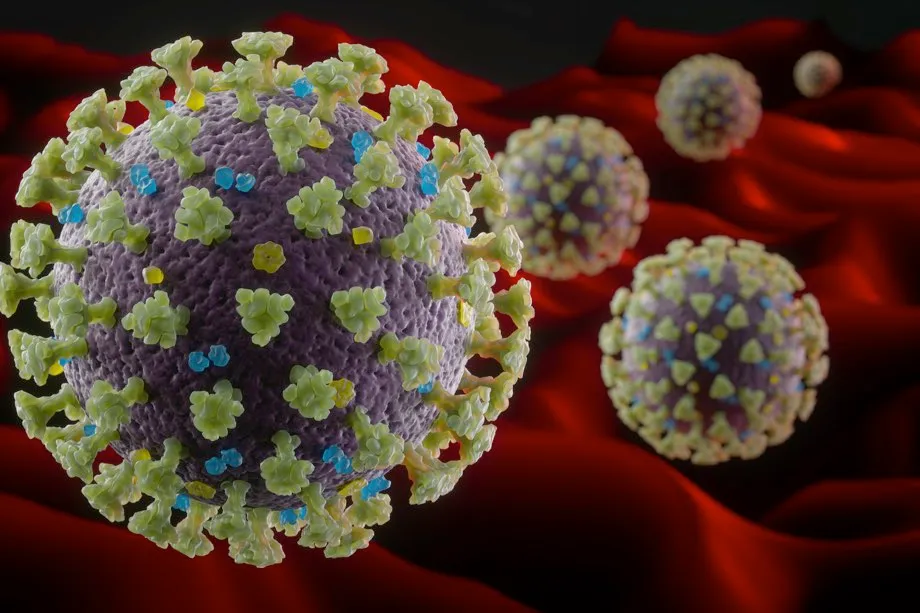NHS England’s recommendation of using two hormone therapy drugs instead of chemotherapy as a treatment for advanced prostate cancer during the coronavirus pandemic has been welcomed by experts.
Because chemotherapy weakens the immune system, men who have been recently diagnosed with metastatic prostate cancer have not been able to access treatment since the start of the COVID-19 crisis.
The relatively new drugs, enzalutamide and abiraterone, are tablets that can be taken at home, reducing the number of hospital visits and mitigating the chances of contracting COVID-19.
Prostate Cancer UK has estimated the interim treatment guidance from NHS England would allow around 1,000 men to benefit from one of these treatments over the next three months.
Heather Blake, director of support and influencing at Prostate Cancer UK, said the new guidance was “fantastic news” for newly diagnosed patients.
She said: “Until now, they have been faced with the distressing prospect that chemotherapy, which could extend their life by 15 months, was not being made available due to the increased risk from COVID-19.
“These treatments have been shown to offer the same benefits as chemotherapy but without the additional risks.”
Read the latest cancer treatment news:
- Scientists unlock the key to cancer’s emergency brake
- Immunotherapy for prostate cancer offers 'super responders' years of life
- Prostate cancer could be treated in two weeks with advanced radiotherapy
Professor Nick James, professor of prostate and bladder cancer research at the Institute of Cancer Research (ICR) in London, described the drugs as “smarter, kinder treatments” which could extend the lives of many patients.
He said: “Offering enzalutamide or abiraterone to men as first-line treatment for prostate cancer will greatly lower the risk of exposing vulnerable patients to the coronavirus, and lightens the load on our hard-pressed hospitals.
“Men can take their tablets at home and have their bloods checked by their GP – and unlike chemotherapy, enzalutamide and abiraterone have no significant effects on patients’ immune system.”

He said the newly published interim guidance was an example of how modern treatments that can be taken at home could relieve pressure on the NHS during the coronavirus pandemic.
But he was also critical of limiting use of abiraterone only to patients who could not take enzalutamide, saying that “NHS England has chosen to focus on enzalutamide as the initial therapy rather than leaving clinicians to decide on an individual patient basis”.
The interim treatment change guidance recommends the option of offering enzalutamide for men with newly diagnosed, advanced prostate cancer, and abiraterone for patients who cannot tolerate enzalutamide.
Abiraterone was recommended in Scotland as a first-line treatment for advanced prostate cancer in January this year.
In England and Wales, it has only been available to treat men for whom traditional hormone therapies have stopped working.
Read more about the coronavirus:
- Coronavirus vaccine: could genetic material help defeat COVID-19?
- How will the new NHS contact-tracing coronavirus app work?
- 5 mental health apps to help you through the coronavirus crisis
The standard treatment for men when they are first diagnosed with advanced prostate cancer is a type of hormone therapy known as androgen deprivation therapy (ADT) – either on its own, or together with docetaxel chemotherapy.
Professor Peter Johnson, NHS national clinical director for cancer said: “The NHS has been working hard to ensure the safety of cancer patients during the pandemic, and has made a number of changes to the treatments that are available so that patients can receive care which minimises their risk from the virus.
“Switching from chemotherapy to hormone treatments for prostate cancer is just one example of how we are adapting our approach to help thousands of cancer patients across the country continue to access the care they need.”
Reader Q&A: How does radiation kill cancer if it causes cancer?
Asked by: Odysseus Ray Lopez, US
It’s rather like the way guns can be used to commit crime, or stop it. Radiation causes cancer because its high-energy photons can cause breaks in the DNA strands in your cells. Cells can repair this damage up to a point, but sometimes the repair isn’t perfect and leaves some genes defective. If the break affects one of the many tumour-suppressing genes in your DNA, that cell can become cancerous. But cancer cells are also more vulnerable to radiation than ordinary cells. Part of what makes them cancer cells is their ability to divide rapidly and this normally means that some of the DNA ‘spellcheck’ mechanisms are turned off.
So when a cancer cell suffers a break in a DNA strand, it’s less likely to repair it correctly. Depending on where the break occurs, it might either kill the cell outright, or make it reproduce more slowly. Radiation therapy uses a focused beam that is aimed at just the part of the body with the tumour, and the dose is carefully calculated to cause the minimum collateral damage to healthy cells. Even so, radiation therapy does very slightly increase your chances of developing a second cancer.
Read more:
